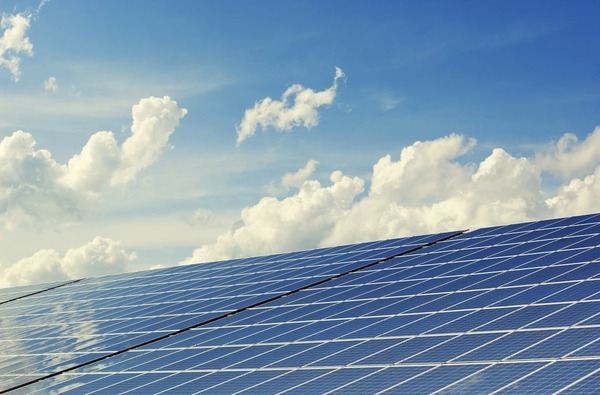Sabah Electricity (SE) has launched two renewable energy projects in the state of Sabah, Malaysia. These initiatives aim to support the region’s energy transition by increasing the use of solar power and energy storage technologies.
The first project is a 15-megawatt alternating current (MWac) Large-Scale Solar Photovoltaic (LSSPV) installation in Kampung Langkon, Kota Marudu. The Energy Commission of Sabah (ECoS) offered SE the opportunity to develop this project, which was formalized through a Letter of Notification. SE is working on the project in partnership with TNB Renewables Sdn Bhd (TRe). Once operational, the solar facility will supply renewable energy to the local grid, reducing reliance on fossil fuels.
The second initiative involves the development of a 100-megawatt Battery Energy Storage System (BESS) in Lahad Datu. This system is designed to store and distribute energy, addressing potential challenges in grid stability and improving energy reliability. SE has not yet announced the timeline for the project’s completion.
These projects are part of Malaysia’s broader efforts to expand its renewable energy portfolio. In recent years, the country has seen the launch of several large-scale renewable energy projects. One example is the 100 MWac Large-Scale Solar (LSS) project in Kuala Muda, Kedah, developed by Edra Power Holdings. This solar farm became operational in 2023 and provides clean energy to the national grid.
Another project is the 50 MWac LSS facility in Pekan, Pahang, which was completed in 2021. Operated by Cypark Resources Berhad, it is one of the country’s largest single-site solar farms.
Malaysia is also focusing on integrating energy storage technologies into its renewable energy projects. For instance, the Sedenak Battery Energy Storage System in Johor, with a capacity of 100 MW, is under development to support solar and wind projects in the area.

